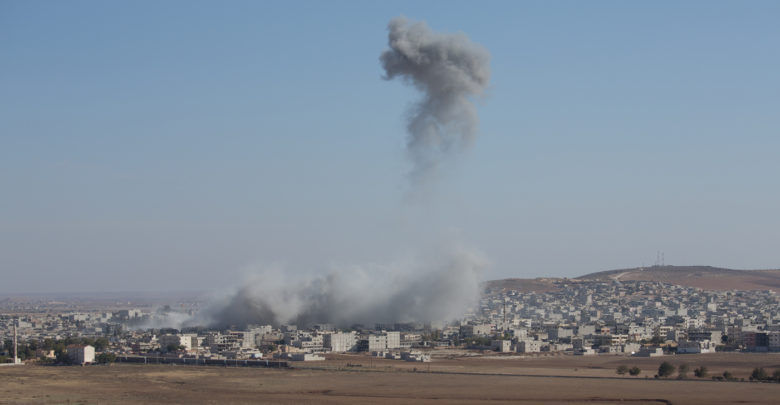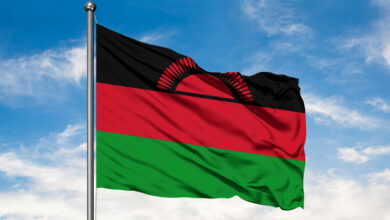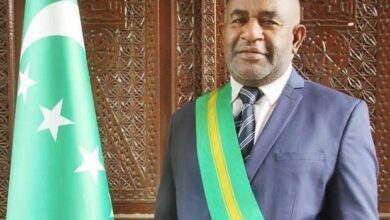World
Libya: UN-Backed GNA Opts Out Of Negotiation Talks Following lates Attack By Haftar Forces

Libya’s United Nation backed government on Tuesday said it is no longer taking part in ceasefire negotiation talks hosted by the United Nations in Geneva.
The announcement was made hours after renegade military commander Khalifa Haftar’s forces attacked the capital’s seaport as they targeted a Turkish vessel bringing in arms, reported Reuters.
In an official statement, the presidential council of the Tripoli-based Government of National Accord (GNA) said it would respond to the attack at the appropriate time. The GNA claimed Haftar’s forces had fired four missiles.
Tuesday’s attack happened as representatives of the GNA and Haftar’s self-styled Libyan National Army (LNA) had resumed a second round of talks in Geneva to establish a permanent truce. The meeting followed the first round of negotiations held more than a week ago that ended without striking a deal that would help end the fighting in Tripoli.
U.N. Libya envoy Ghassan Salame called the port attack a major breach of the fragile ceasefire that was brokered by Russia and Turkey last month. He told reporters that both sides have refused to sit in the same room, although he said he was hopeful of making progress.
“So while the situation on the ground remains a situation where the truce is very fragile… nobody has so far reneged on the principle of accepting the truce and the political process is trying to find a way to move forward,” Salame said.
Libya’s state oil firm National Oil Corporation (NOC) said all fuel tankers from the facility have been evacuated from the area and offloading operations have been stalled following a missile attack metres away from a highly explosive liquefied petroleum gas (LPG) tanker discharging in the port.
The forces loyal to Haftar had launched a campaign to capture Tripoli from the GNA forces in April last year. The clashes between the warring sides have killed over 1,000 people and wounded more than 5,500, according to the World Health Organization (WHO).






